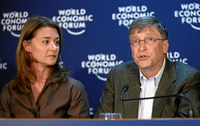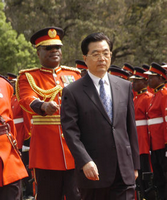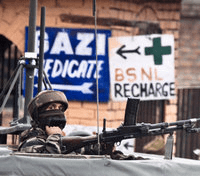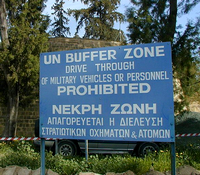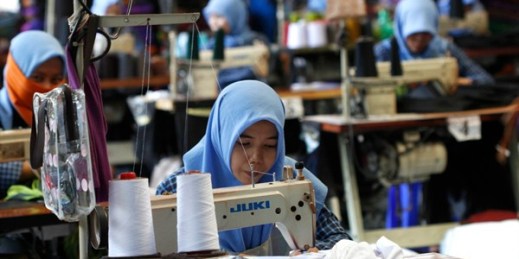
As we approach the 15th anniversary of the Fourth World Conference on Women, better known as the 1995 Beijing Conference, gender-equality advocates around the world are taking stock to assess what should come next. An honest reckoning that recognizes accomplishments, challenges and opportunities suggests that while progress has been made at policy levels, difficulties persist in translating policy into practice. Nevertheless, resources at the implementation level, if recognized, offer opportunities for gender equality to contribute not only to the well-being of women and girls, but also to more effective social and economic development. A Pervasive & Persistent Challenge: Defining Gender […]

